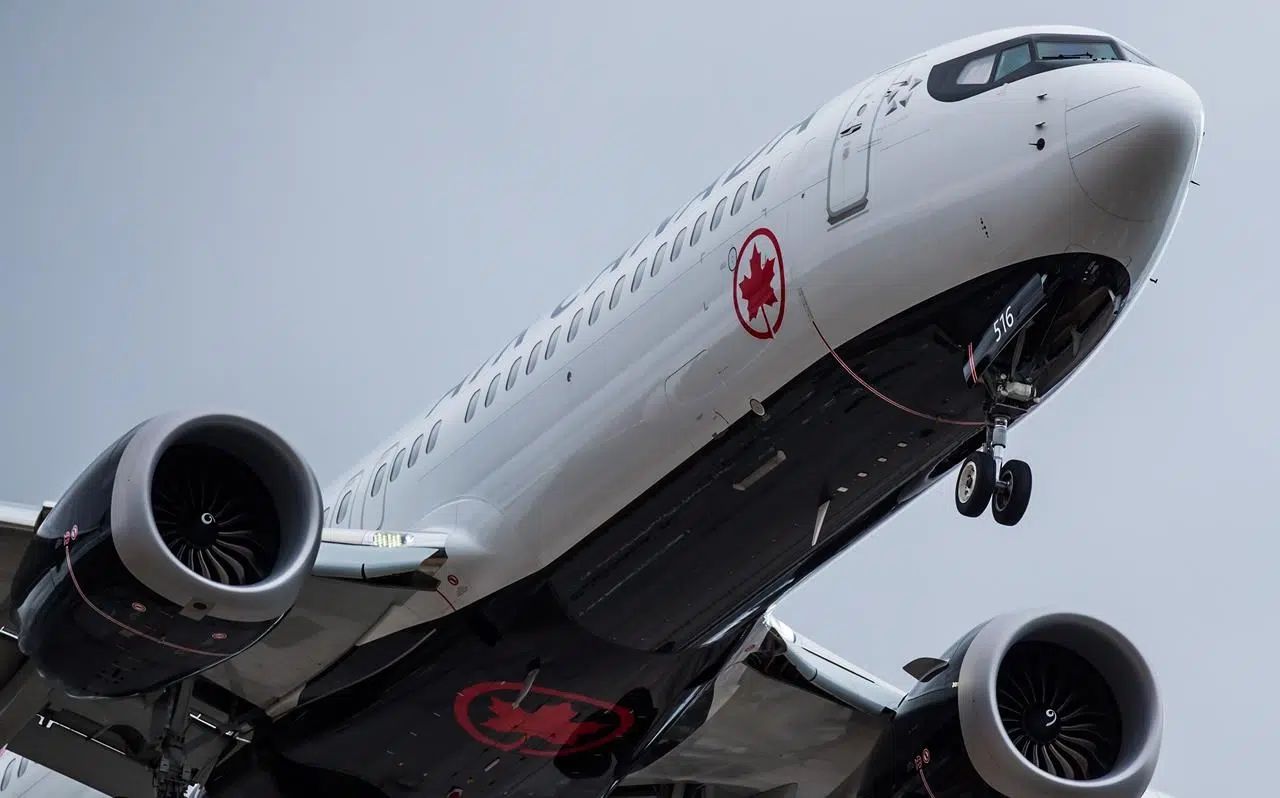
Airlines shift planes to get March Break travellers home amid Max 8 grounding
TORONTO — Two Canadian airlines dealing with the grounding of Boeing Max 8 jets say they have re-assigned other planes to accommodate travellers returning home from March Break vacations.
Both Air Canada and WestJet said Sunday they shifted planes to focus on routes taking travellers to and from vacation destinations like Mexico and the Caribbean.
But the airlines also acknowledged that despite those efforts, the loss of the Boeing jets caused the cancellation of a number of domestic flights over the weekend, as well as delays on customer support lines.
“Recognizing that it is March Break, our priority was to cover our north-south flying and so we have been able to accommodate the vast majority of customers travelling south or returning from the holiday,” Air Canada said in a statement.


